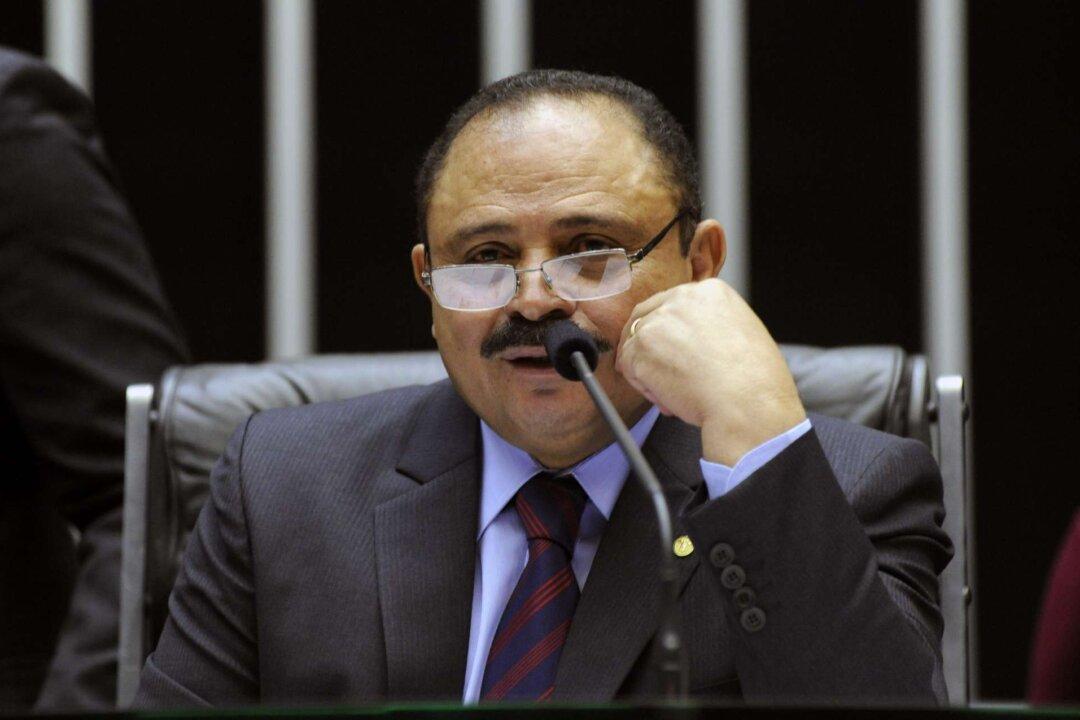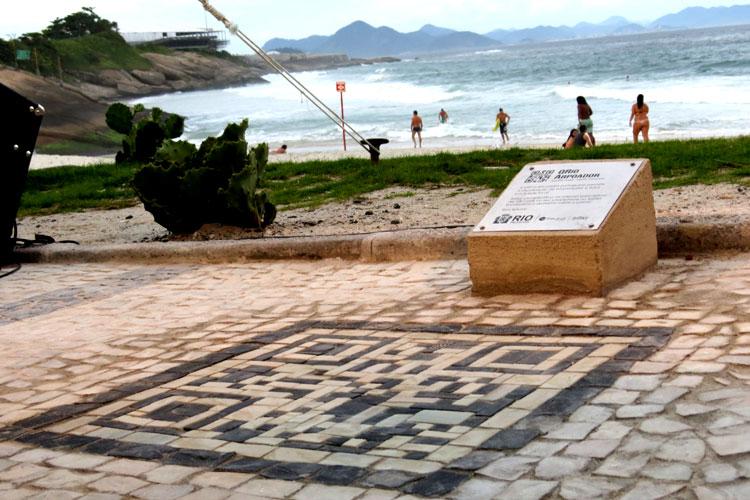The acting speaker of Brazil’s lower house of Congress, Waldir Maranhão (PP-MA) issued a statement on Monday, May 9, canceling the sessions that authorized the impeachment of President Dilma Rousseff. The act complies with a request from the Attorney General of the Union (AGU) and establishes a new proceeding in five sessions in the lower house, including a new vote, after the Senate returns the process.
In the document, Maranhão believes that “there were irregularities that made legally null and void the session in question.” The report on Rousseff’s impeachment for crime of fiscal irresponsibility was adopted in a plenary session on April 17 by the majority of the lower house—367 votes favoring her impeachment, 137 against, and seven abstentions—after over 40 hours of meeting.
Maranhão’s decision comes on the eve of a Senate’s session that can result in President Rousseff having to step down for 180 days to go on trial, and it was communicated to the Senate’s chair, Renan Calheiros (PMDB-AL). It is now up to Calheiros to accept or not Maranhão’s decision. If the decision is accepted, the matter would be returned to the lower house for a new vote.
Maranhão wrote that for the lawmakers to announce in public their vote authorizing impeachment was to prejudge the case, and violated the defendant’s rights.
Maranhão also claims that the plenary session’s decision should have been formalized in a resolution, as provided in the bylaws of Congress. “For these reasons I cancelled the session held on April 15, 16, and 17 and determined that a new session be held to decide on the matter within 5 sessions, counting from the date that the process is returned by the Senate to the lower house of Congress,” Maranhão affirmed.
Maranhão advocates the opening of a new process, which also includes Vice President Michel Temer (PMDB). The request from the AGU had been ignored before by Eduardo Cunha. Cunha, the former house speaker and a strong voice of the opposition, was recently forced to step down by the Supreme Court to face a graft trial in relation to a federal investigation dubbed Operation Car Wash.
The current Acting Speaker Waldir Maranhão is also been investigated by the Operation Car Wash for embezzlement associated with the Brazilian semi-public oil company Petrobras, and two other investigations in the Supreme Court for money laundering and concealment of assets.
Over the weekend, Maranhão went to the city of São Luís, seeking political support to sustain his position in the government and to stay in office. He returned to Brazil’s capital, Brasília, on Sunday night in the company of Maranhão State Governor Flávio Dino (PCdoB), an ally of President Rousseff.
Aloizio Mercadante, the minister of education, was speaking at the Planalto Palace in Brasília when he received news about the impeachment sessions having been cancelled. Amid screams of “there won’t be a coup” from the audience, he stopped speaking and said, “there will be a fight, there won’t be a coup.”
Despite the decision of the acting speaker, in the opinion of the government allies, the annulment will likely be reversed, because it has no legal basis, since the admissibility of the impeachment was voted on by the entire lower house.
“I don’t think the Supreme Court will harbor such a decision. This decision is the real coup, it is a disrespect to a democratic decision of the lower house of Congress,” said Senator Alvaro Dias (PV-PN) to the press.
“The impeachment was properly admitted by the lower house of Congress, fulfilling rites imposed by the Supreme Court, respecting the Constitution and the full rights of defense by the accused. It was not a monocratic decision, it was supported by 367 lawmakers, and therefore seems a fait accompli, issue concluded, and backed by the Supreme Court itself. Therefore it is not up to the acting house speaker’s will.”




